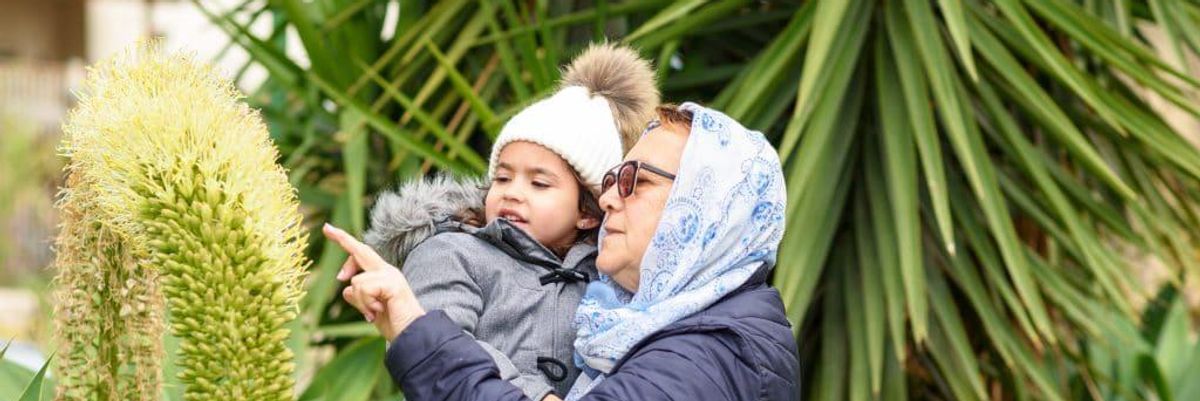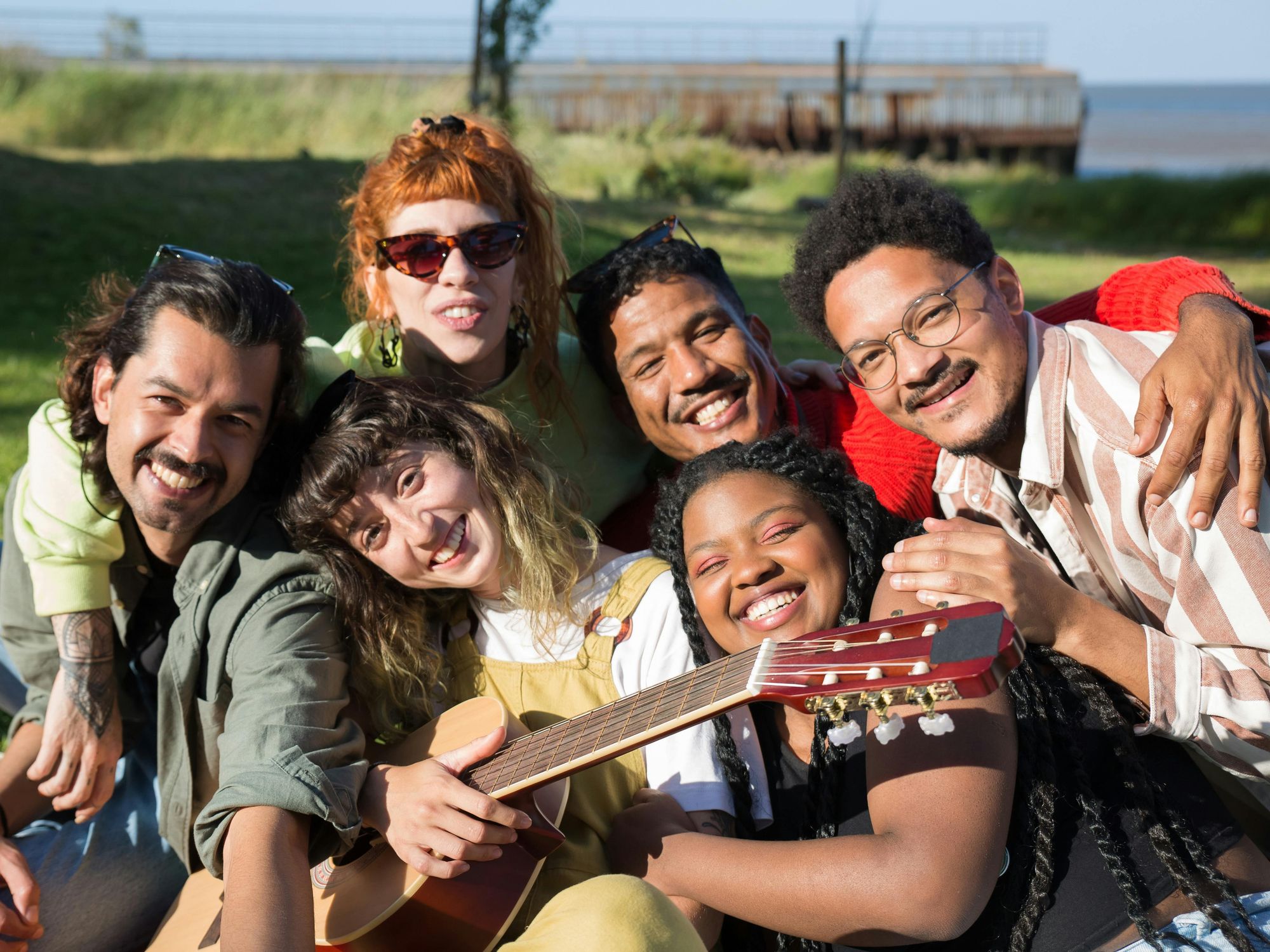
While millennials have popularized the idea of plant parenthood, our Latinx community has always had a green thumb. Our parents and abuelos have always had lush gardens or indoor plants that they care for. It’s no coincidence that while many have used plants as a way to cope with all the traumatic events of last year, our parents and abuelos have been doing the same for generations.
The correlation between caring for plants and improvement in mental health has been proven and this leads us to believe that our community has been onto something for years. While many immigrants have moved from rural and green spaces to more urban and compact cities in the United States, their practices of caring for plants remained the same. We have known our families to have indoor plants that fill our living spaces and those with yards tend to start growing trees that will bear fruit.
In honor of our community and to encourage the improvement of mental health, we’re giving you a list of classic plants that many grew up seeing in their homes.
Pothos Plant
One of the easiest plants to care for is a Pothos plant. It is also known for being one of the best plants to improve indoor air quality, it can be styled many ways including on tables, bookshelves, or hung to show off its vines. It’s no wonder it makes an appearance in nearly every Latino household.
Aloe Vera
Many know Aloe Vera as a medicinal plant. It is a lowkey plant that grows best in dry conditions and well-lit spaces. The nostalgia of Aloe Vera plants will have you remembering the ways in which your mom used it to treat sunburns and even face masks.
Ferns
Quickly recognized for their divided leaves, these plants do well in shaded areas making them the perfect indoor plant as long as you keep them in cool and open area spaces.
Cacti
Best known for how easy it is to care for them and long life, cacti are perfect for any home. They’re aesthetically pleasing and require very little maintenance!
Snake Plant
This plant always makes the easy-to-care-for lists. It doesn’t need much water, in fact, during the winter months and if there is decent humidity, it only needs to be watered once or twice during the entire season.
Peace Lily
This plant hails from Central and South America and Southeastern Asia, making it a no-brainer that it ends up in so many Latino households. The white flowers add a little pop to the green and with its ability to survive in little to moderate light and very little water, it’s perfect for new plant parents.









